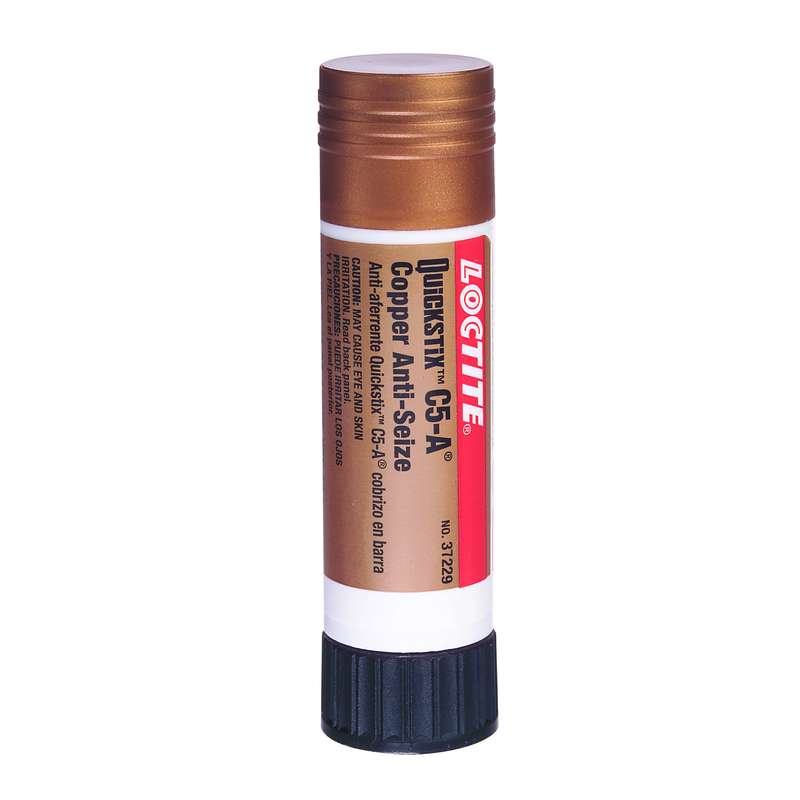dr wogz
Fly caster
Hi,
A question about galling; when two metals (typically screws / threads) bind together due to various reasons, and seize solid. I'm after information, charts, metallurgy specs, etc.. this is a work request, and I figured I'd pick a few brains here..
We're looking at a feasibility study, to see what we might need to change to get better reliability out of our designs & assembly procedures.
Right now, we're typically stainless on stainless, and see issues..
A question about galling; when two metals (typically screws / threads) bind together due to various reasons, and seize solid. I'm after information, charts, metallurgy specs, etc.. this is a work request, and I figured I'd pick a few brains here..
We're looking at a feasibility study, to see what we might need to change to get better reliability out of our designs & assembly procedures.
Right now, we're typically stainless on stainless, and see issues..






